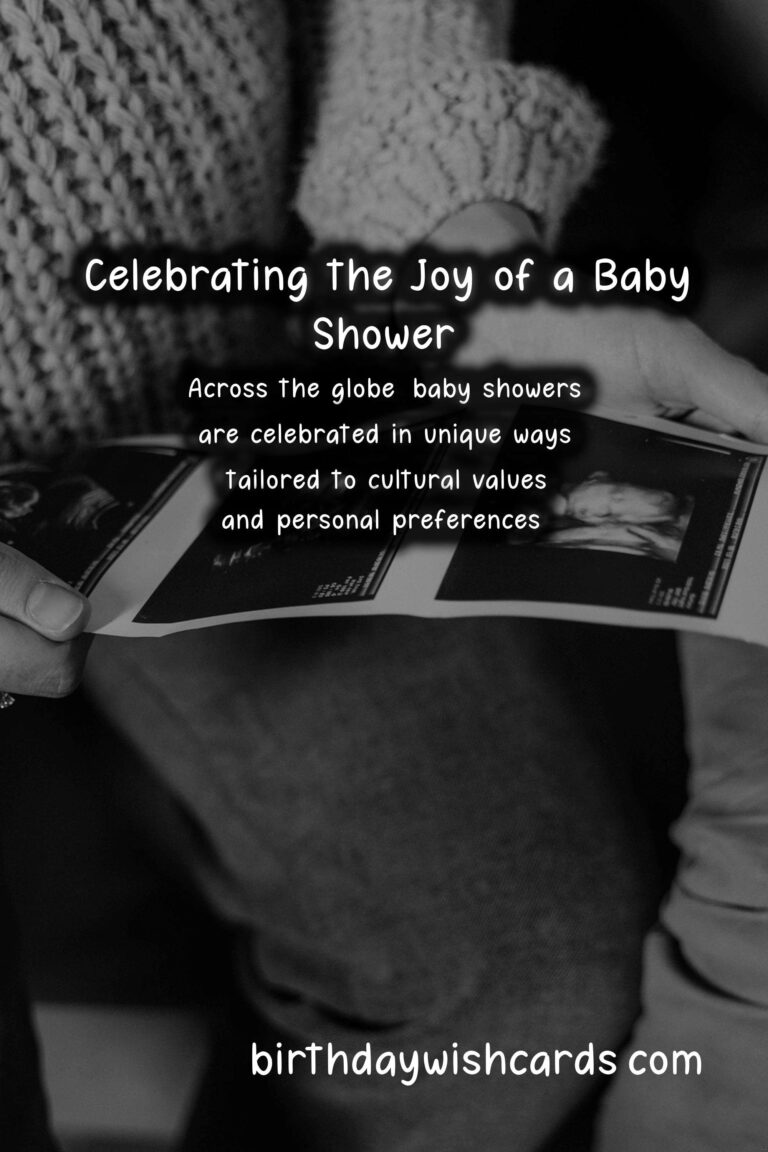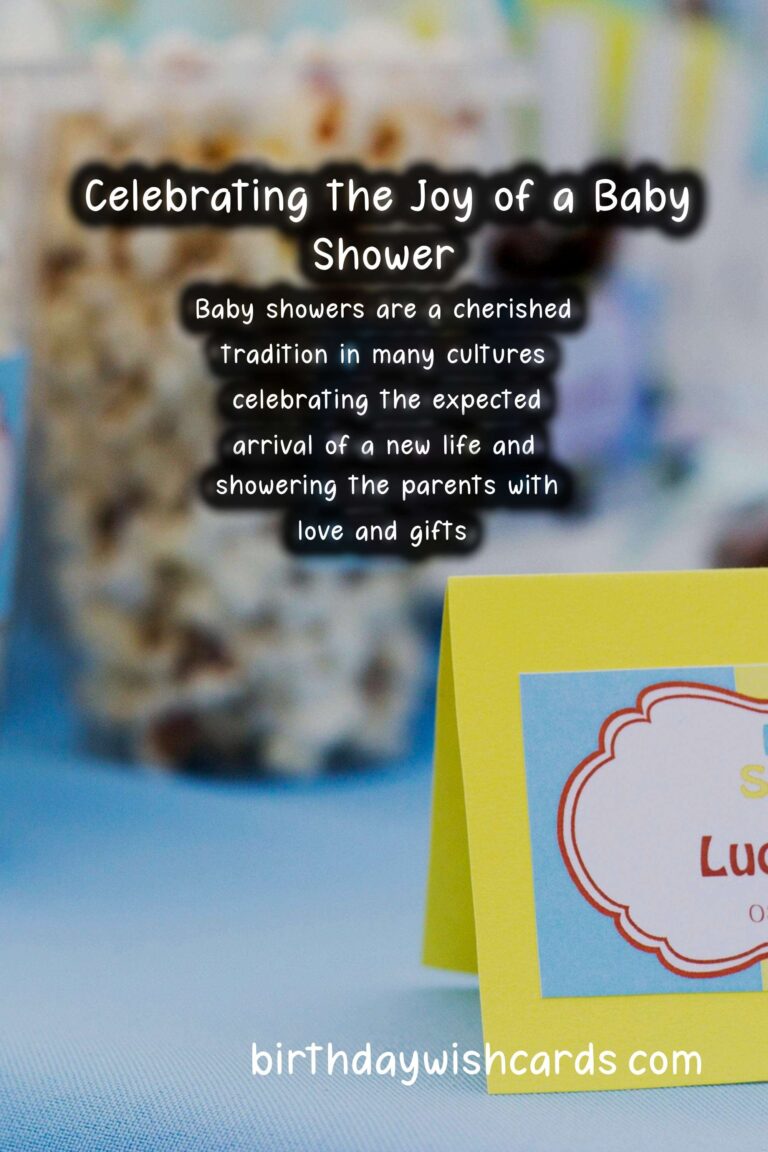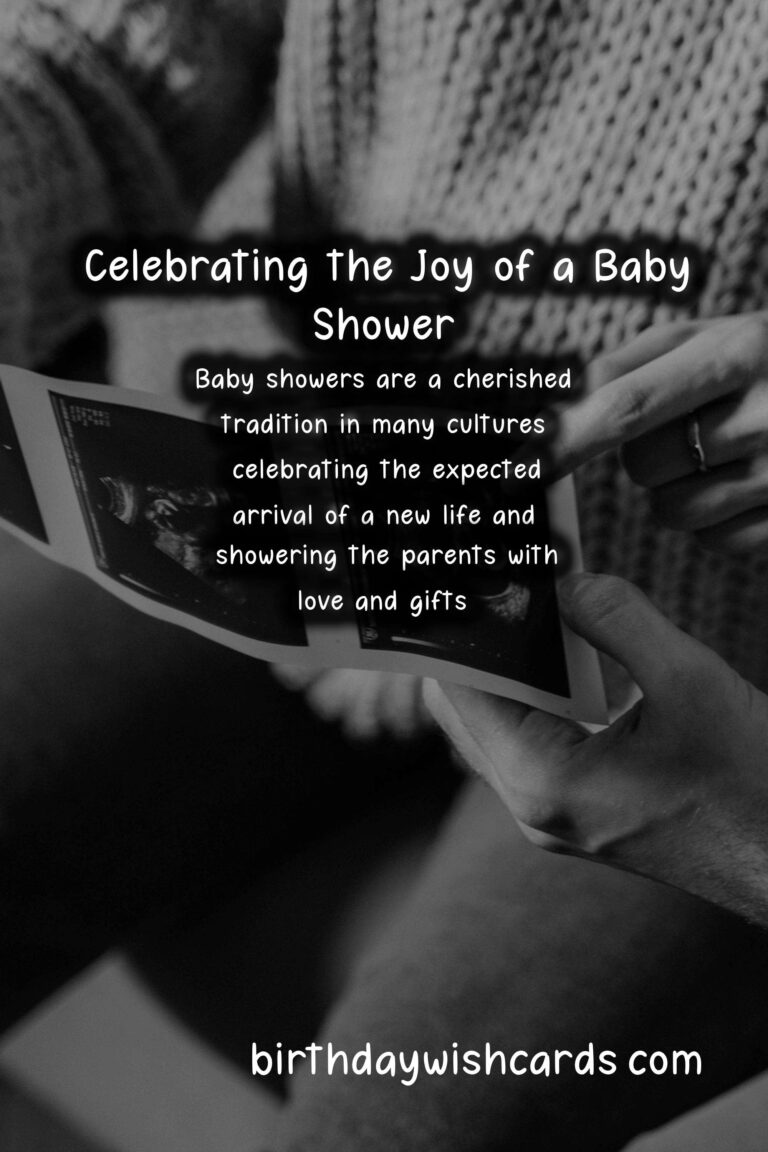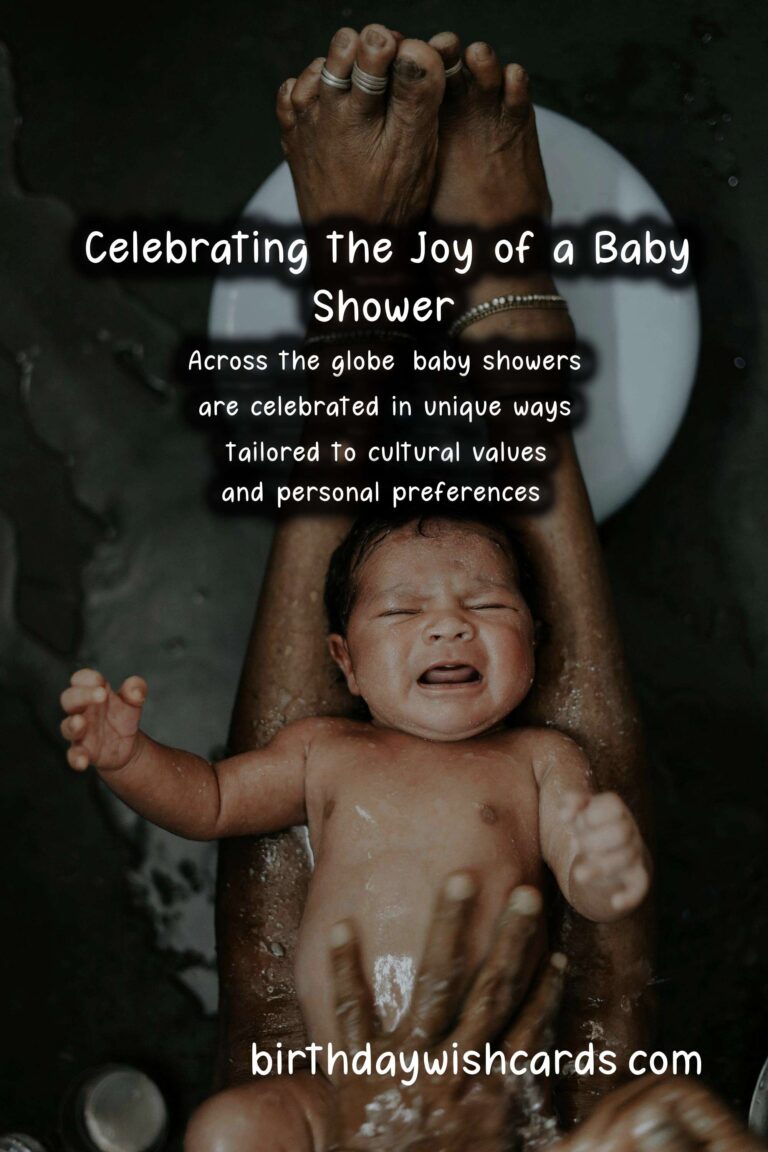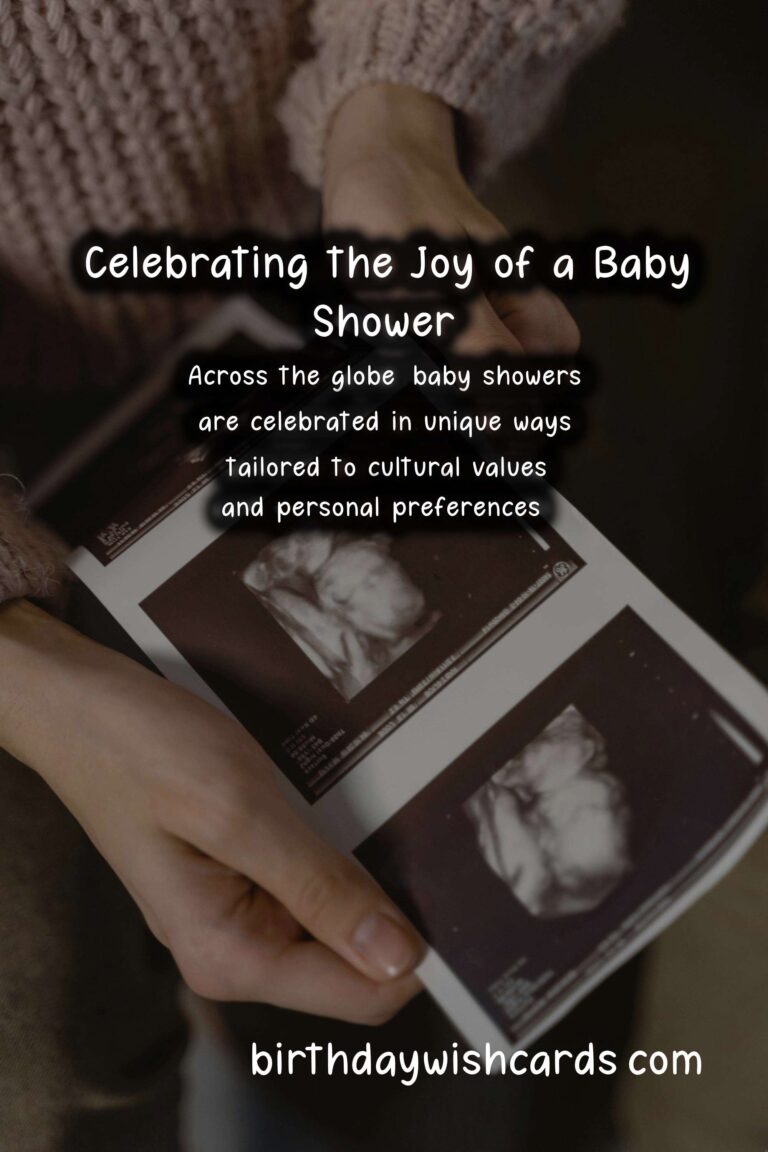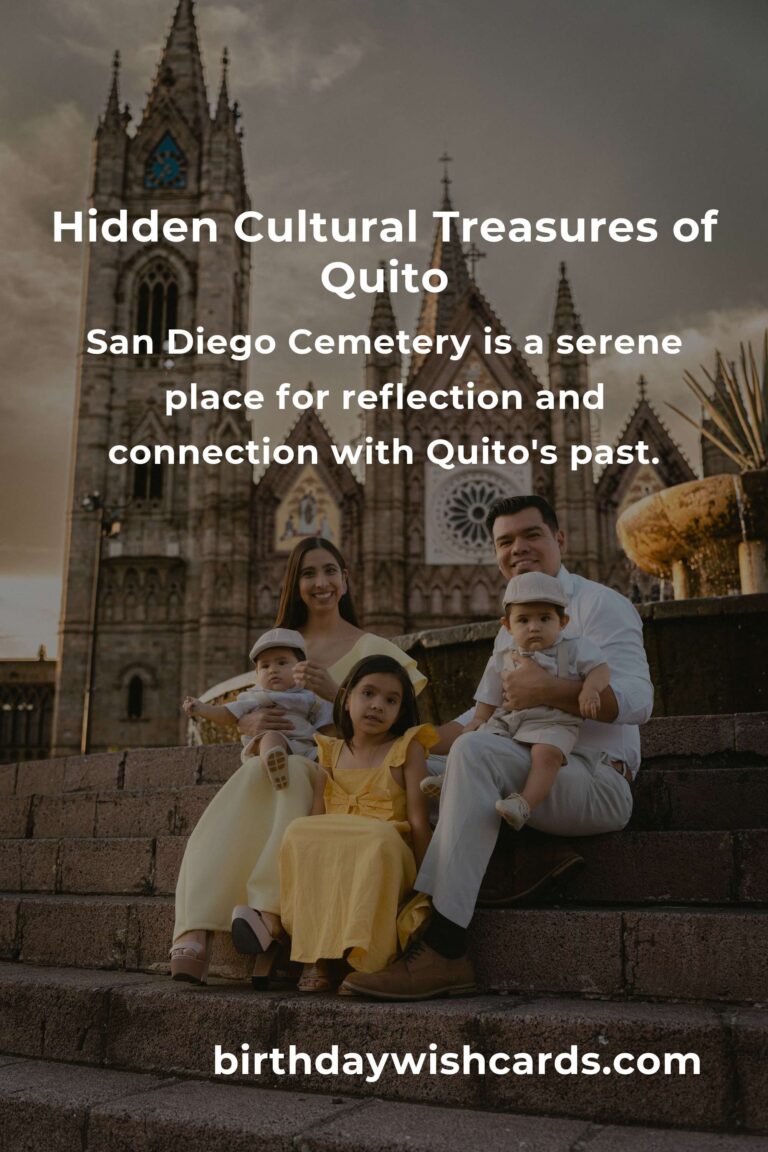
Baby showers are a cherished tradition in many cultures, celebrating the expected arrival of a new life and showering the parents with love and gifts. These events are more than just parties; they hold deep significance and are steeped in unique customs that reflect the joys and challenges of impending parenthood.
The Origin of Baby Showers
Historically, the concept of baby showers traces back to ancient civilizations. In many cultures, the birth of a child was a communal affair. Friends and family gathered to support the new parents both emotionally and materially. The modern baby shower, as we know it, began to take shape in the United States during the 20th century.
Significance of Baby Showers
Baby showers serve several vital purposes. They are a way for friends and family to show support and affection for the parents-to-be. More importantly, they help to ease the financial burden on new parents by providing essential items for the baby.
Common Traditions and Customs
Across the globe, baby showers are celebrated in unique ways tailored to cultural values and personal preferences. Here are some common traditions and customs:
Gift-Giving
Gift-giving is perhaps the most recognizable aspect of baby showers. Guests typically bring gifts to help the parents prepare for the new addition. Common gifts include clothing, diapers, toys, and nursery essentials.
Games and Activities
Fun games are integral to many baby showers, offering guests an opportunity to bond while enjoying festivities. Popular games include baby bingo, guessing the baby food flavors, and diaper raffle exchanges.
Themed Showers
Increasingly, parents-to-be are opting for themed baby showers. Themes can range from classic colors like pink or blue to specific interests, such as animals, books, or favorite movies. These themes add a personal touch and can help guide decorations and games.
Cakes and Treats
No baby shower is complete without delicious treats! A cake shaped like a baby onesie, baby blocks, or even a simple cupcake tower can be the centerpiece of the celebration.
Cultural Variations
Baby showers take on various forms across different cultures, showcasing unique customs:
The African American Baby Shower
This shower often incorporates elements of the family’s heritage, such as traditional songs, prayers, and a focus on the village concept of raising a child.
The Hispanic Traditions
In Hispanic families, a ‘Cumbia’ is often held, which emphasizes family and community involvement, with plenty of food, music, and dancing.
The Chinese Tradition
Chinese customs may include the ‘red egg’ celebration, where red-dyed eggs are presented as gifts, symbolizing happiness and prosperity.
Planning a Baby Shower
When planning a baby shower, it’s essential to create an inviting atmosphere that reflects the guest of honor’s personality. Key aspects include:
Setting a Date
Choosing a date is crucial; typically, baby showers are held during the last trimester when the mother-to-be is still feeling well.
Picking a Location
Consider renting a venue or hosting at home for a more intimate gathering. Ensure there’s enough room for facilities and easy access for guests.
Creating Invitations
Design beautiful invitations that reflect the theme of the shower and communicate essential details such as date, time, location, and how to RSVP.
Conclusion
Baby showers are special events that celebrate the transition into parenthood, bringing family and friends together in joy and support. These gatherings, rich with traditions and customs, make the journey of welcoming a new life even more meaningful.
Baby showers are a cherished tradition in many cultures, celebrating the expected arrival of a new life and showering the parents with love and gifts. Across the globe, baby showers are celebrated in unique ways tailored to cultural values and personal preferences. 
